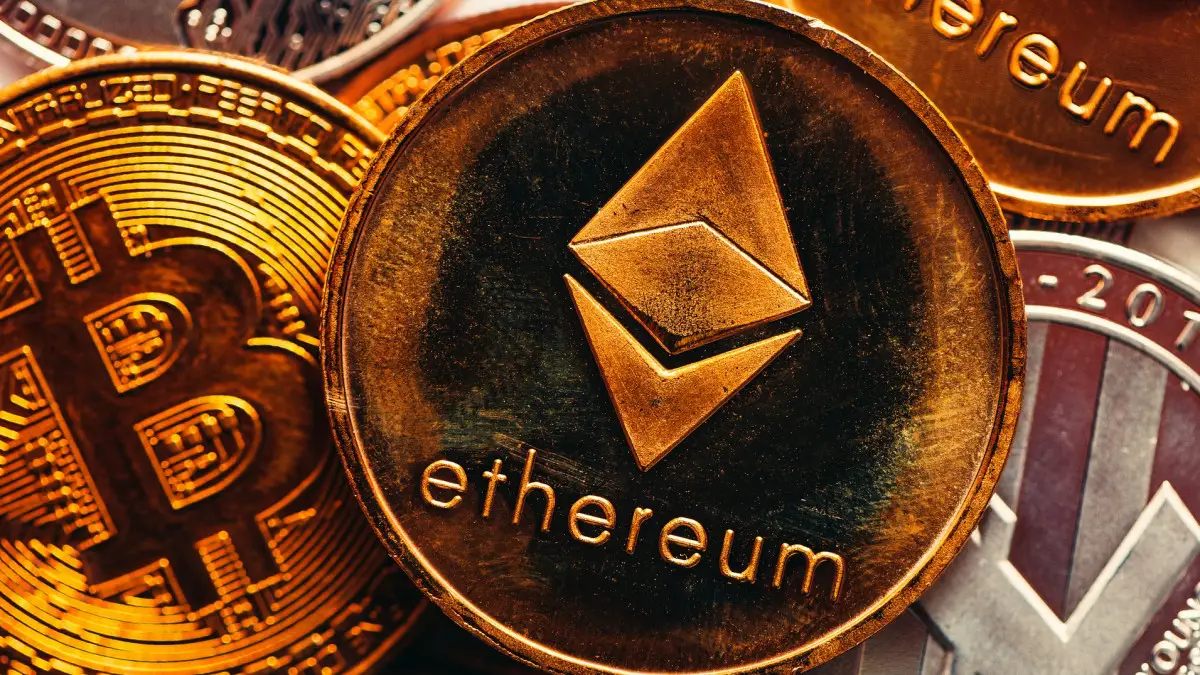The Ethereum ecosystem is making significant strides toward reducing gas fees and enhancing transaction speeds for layer-2 rollups with the introduction of the Dencun upgrade on the network’s testnets in early 2024.
The Dencun network upgrade was activated on the Goerli testnet on January 17, bringing forth several Ethereum Improvement Proposals (EIPs).
Among these, EIP-4844 is particularly noteworthy, as it enables proto-danksharding, a highly anticipated improvement aimed at lowering L2 transaction fees.
However, the deployment of Dencun to Goerli initially encountered a four-hour delay due to a bug in Ethereum’s proof-of-stake client, Prysm.
Nebojsa Urosevic, co-founder of Ethereum development platform Tenderly, explained that network synchronization delays are common but also serve as an essential part of identifying and resolving such bugs.
The bug, as revealed by Ethereum Foundation protocol lead Tim Beiko, was linked to Prysm incorrectly setting the historical roots value to 0, preventing the Goerli testnet from finalizing the Dencun upgrade.
Dencun incorporates nine different EIPs, with proto-danksharding and blob transactions being the most eagerly anticipated.
Proto-danksharding offers improved scalability through the use of blob-carrying transactions, which are more efficient and cost-effective than traditional calldata, potentially reducing costs by 80%–90%.
Following its successful implementation on Goerli, the Sepolia and Holesky testnets are next in line to undergo the Dencun upgrade.
All three testnets must demonstrate successful deployment before considering an upgrade to Ethereum’s mainnet.
READ MORE: US Rep. Tom Emmer and Former President Trump Unite in Opposition to CBDCs
One of the significant impacts of the Dencun upgrade is storage efficiency. Ethereum sidechain Gnosis’ infrastructure director, Philippe Schommers, explained that Dencun will offer more block space and lower costs to layer-2 solutions.
Data previously stored indefinitely on-chain will now be discarded after two weeks, improving efficiency and reducing costs.
As a result, Dencun promises lower gas fees and faster transactions, paving the way for more complex applications on layer-2 solutions.
Rollups, in particular, stand to benefit greatly from reduced operational costs and improved scalability.
Anurag Arjun, co-founder of data availability blockchain Avail, highlighted the growing demand for block space from rollups and suggested that protocols like Avail could help address these demands.
Recent benchmarks of Avail’s zero-knowledge Ethereum Virtual Machine Validium have demonstrated a 90% reduction in transaction fees while providing decentralized and secure data availability guarantees.
In summary, the Dencun upgrade marks a significant step toward addressing scalability issues on the Ethereum mainnet, offering greater storage efficiency, lower gas fees, and an improved development experience.
Rollups and complementary protocols are set to play a crucial role in further enhancing Ethereum’s ecosystem.
Discover the Crypto Intelligence Blockchain Council




